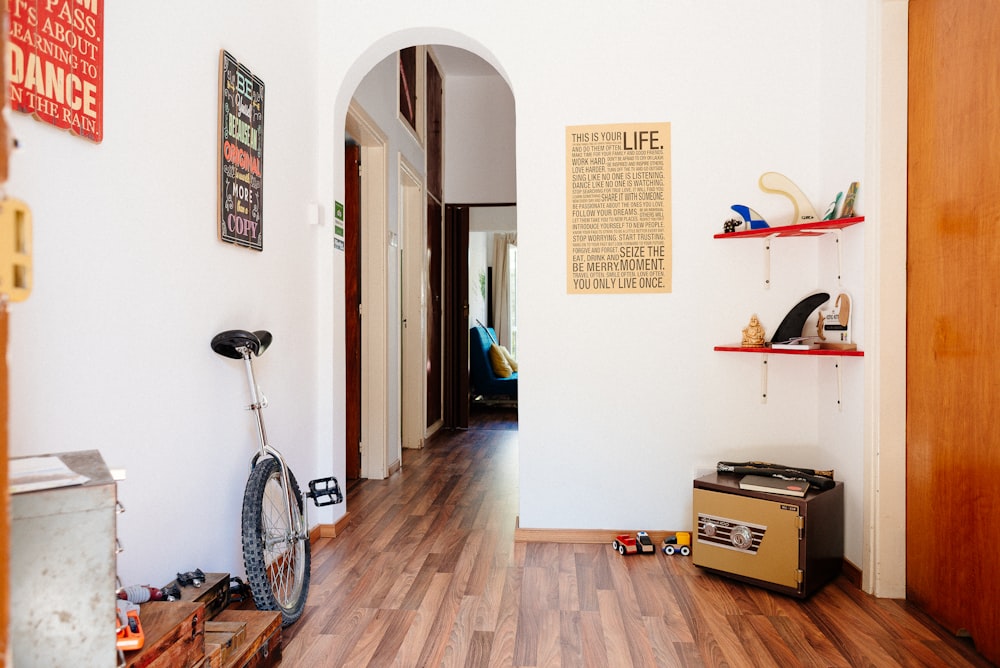Indoor Plants for Beginners: Greening Your Home
Getting Started with Indoor Plants
So, you’re ready to bring a little touch of nature into your home? Fantastic! Let’s dive into the wonderful world of indoor plants. Whether you’re a complete novice or just looking to expand your green thumb repertoire, there’s something for everyone in the realm of indoor gardening.
Choosing the Right Plants
First things first, let’s talk about choosing the right plants for your space. As a beginner, it’s essential to start with low-maintenance options that can withstand a bit of neglect. Some great choices include spider plants, pothos, and snake plants. These beauties are not only resilient but also excellent air purifiers, making them perfect for indoor environments.
Understanding Light and Water Needs
Now that you’ve picked out your plants, it’s crucial to understand their light and water requirements. Different plants have different needs when it comes to sunlight and watering frequency. For example, succulents prefer bright, indirect light and infrequent watering, while ferns thrive in low light and require more moisture. Take the time to research each plant’s specific needs to ensure they flourish in your home.
Choosing the Right Containers
Next up, let’s talk containers. While it may be tempting to pick out the fanciest pots you can find, it’s essential to prioritize function over form. Opt for containers with drainage holes to prevent water from pooling at the bottom and causing root rot. Additionally, consider the size of the pot in relation to the plant’s root system – you want to give them plenty of room to grow!
Creating the Perfect Environment
Creating the perfect environment for your indoor plants involves more than just placing them on a windowsill and hoping for the best. Pay attention to factors like humidity, temperature, and air circulation. You can increase humidity by misting your plants regularly or placing a tray of water near them. Additionally, avoid placing your plants near drafty windows or heating vents, as extreme temperature fluctuations can stress them out.
Establishing a Routine
Consistency is key when it comes to caring for indoor plants. Establishing a routine will help ensure that your plants receive the proper care they need to thrive. Set aside time each week for watering, pruning, and inspecting your plants for any signs of pests or disease. Not only will this help keep your plants healthy, but it will also give you a chance to connect with nature and unwind from the stresses of daily life.
Troubleshooting Common Issues
Even the most experienced plant parents encounter problems from time to time. Whether it’s yellowing leaves, drooping stems, or pesky pests, it’s essential to know how to troubleshoot common issues. Take the time to familiarize yourself with the signs of plant distress and research potential solutions. Don’t be afraid to reach out to fellow plant enthusiasts for advice – after all, we’re all in this together!
Growing Your Indoor Garden
As you become more comfortable caring for indoor plants, don’t be afraid to expand your collection. Experiment with different species, colors, and textures to create a lush and vibrant indoor oasis. Remember, indoor gardening is as much about the journey as it is about the destination, so don’t be discouraged by setbacks along the way. With a little patience, love, and care, you’ll soon be reaping the rewards of your indoor gardening efforts. Read more about indoor plants for beginners





